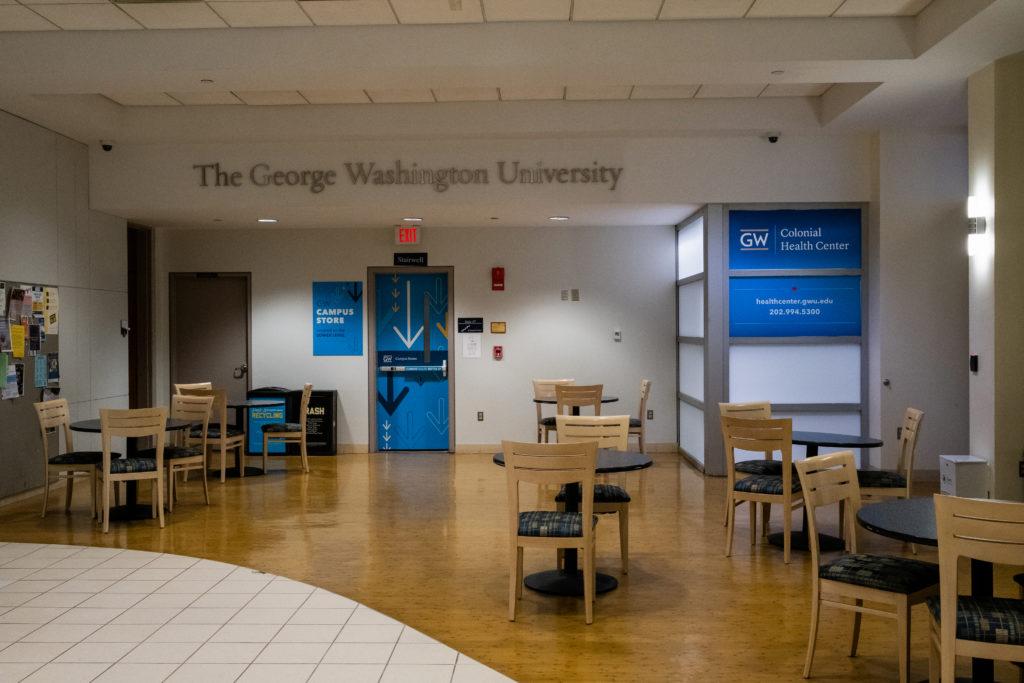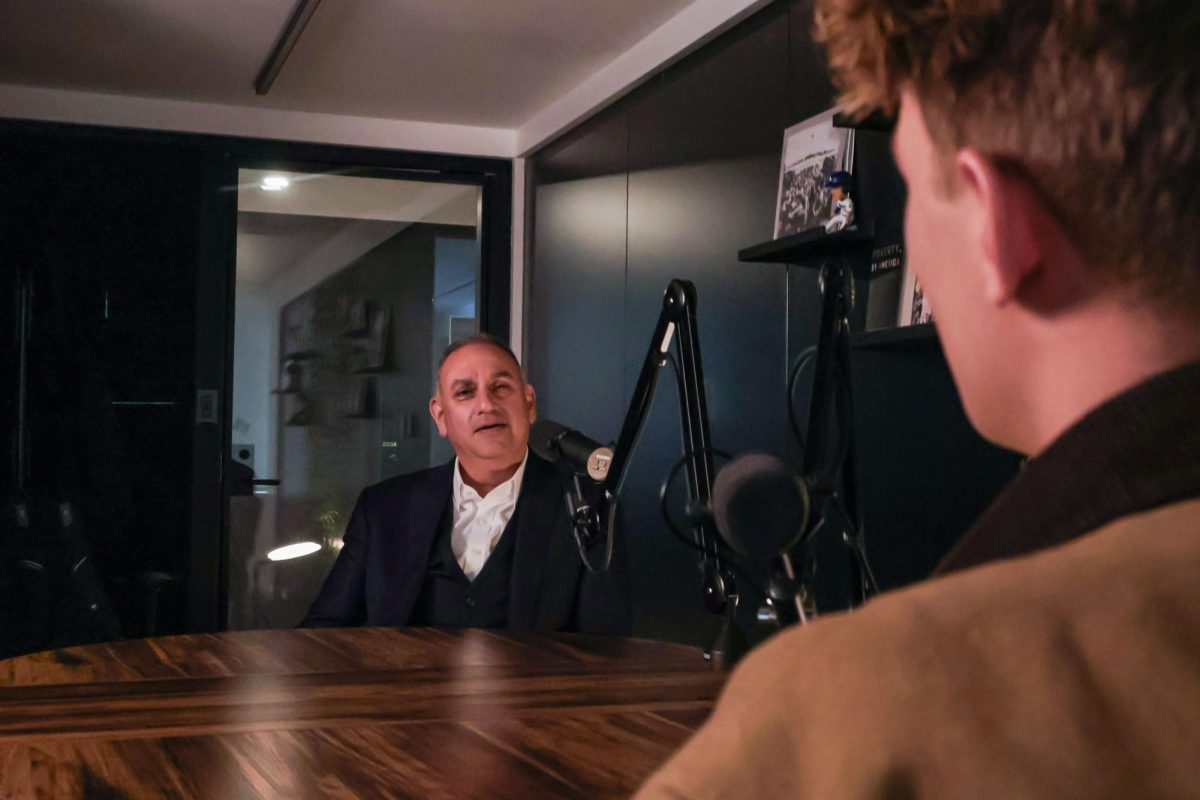After spending months in quarantine away from campus, students said they are experiencing heightened levels of stress and anxiety as they prepare to start the semester online.
In interviews, more than 10 students said they experienced waves of anxiety after officials’ move to continue online learning and restrict fall housing left their living and academic situations in flux. Students said they hope their professors are flexible with deadlines and understanding of mental health struggles exacerbated by the pandemic as they continue classes from home.
Jessica Parrillo, the director of counseling and psychological services, said students can call CAPS to speak with a therapist at any time and can tune in to virtual workshops and discussions about addressing anxiety and stress.
She said CAPS launched this semester’s Mental Health Discussion series Wednesday that will feature weekly sessions with a counselor. Each session will cover a different mental health topic, like managing anxiety and staying motivated.
“The increase in students presenting with severe mental health concerns predates COVID-19 but is anticipated to be only higher as students continue to cope with the challenges this pandemic has brought,” Parrillo said in an email. “It is with all of this in the backdrop that we anticipate starting off the school year and that we’ve planned our response.”
She said forming habits like maintaining a routine, staying hydrated and designating a specific workspace can help students maintain their mental health from home.
“You should not expect to implement all of these recommendations at once nor should you expect to be perfect at creating these changes,” Parrillo said. “Start small and evaluate which routines and habits work best for you. Try incorporating one new habit per week to start. And remember, it’s OK to have off-days.”
Students said they worry about maintaining a social and school life balance while taking classes from home. They said they are finding mechanisms, like exercising and planning virtual social activities with friends, and hope that professors are cognizant of the mental health challenges students are facing and will be flexible with their schedules.
Sophia Salazar, an incoming freshman from Scarsdale, New York, said she had trouble staying organized when classes moved online because she shared a cramped workspace with her parents and younger brother. She said she hopes professors will be forgiving of late assignments or missed deadlines and make an effort for students to connect with one another in virtual classes.
“I really hope for them to be more outgoing and to create a comfortable space for everyone to speak up and to be a little more lenient, considering that I have many friends who have poor family lives, and it was extremely hard for them to do work online – some of them didn’t even have WiFi,” Salazar said.
Preston Schiller, an incoming freshman from the suburbs of Chicago who is living off campus with a roommate, said he is most anxious about the social aspect of online learning and plans to visit his D.C.-based friends occasionally if it’s safe to do so.
“I feel like I’m a caged animal locked up – if you have a dog and put it in a cage and never let it out, that dog is not going to be that happy of a dog,” Schiller said.
Schiller said he is nervous to take his classes online while staying in one location and is planning to take “screen breaks” and walks in between classes to maintain his mental health.
“As time goes on, I think it is going to be pretty hard to stay motivated because it is going to be very draining to be in the same place and going on the computer all day,” Schiller said.
April Mihalovich, a senior from Cape Cod, Massachusetts, said she had originally planned to live off campus in D.C. this fall but instead decided to sublet her apartment and stay at home to save money. She said she’s concerned about losing touch with her friends at GW and plans to schedule frequent calls with them to keep her relationships intact.
“Sometimes it can feel like a lot of work to set up calls with friends instead of just crashing in my bed and watching Netflix, but I think it is important to push myself to maintain a social lifestyle,” Mihalovich said. “Even if it might be a challenge in the short term, I think in the long run it’s really great to maintain those relationships for when we go back.”
Mental health experts said planning digital get-togethers with friends, exercising and spending time with family can help curb feelings of anxiety and burnout throughout the semester.
Steven Siegel, the chair of the department of psychiatry and behavioral sciences at the University of Southern California, said scheduling virtual social activities like Zoom calls instead of connecting with people only through social media will help students feel less isolated from their friends.
Siegel said students should keep in mind that faculty are still present to help students achieve their goals even though they are not in person.
“Students should be very aware that we are still here,” Siegel said. “We may not be physically in the same place, but we’re still USC, or wherever you go to college. There is still a network of professors that really do care about you, and there is still a mental health and wellness system that your institution has set up that is here for you.”
Todd Weinman – the director of the University Counseling Center at Vanderbilt University, where the majority of students are returning back to campus – said administrators will provide on-campus and virtual resources, including telehealth services, to help students throughout the semester. He said many of his students feel disconnected from their school communities and are choosing to return to campus despite COVID-19 restrictions.
“We have tried to design our mental health services for optimal flexibility and accessibility given the challenges of so many students being in different places and will continue to evolve our services over time,” Weinman said in an email.
Lia DeGroot contributed reporting








